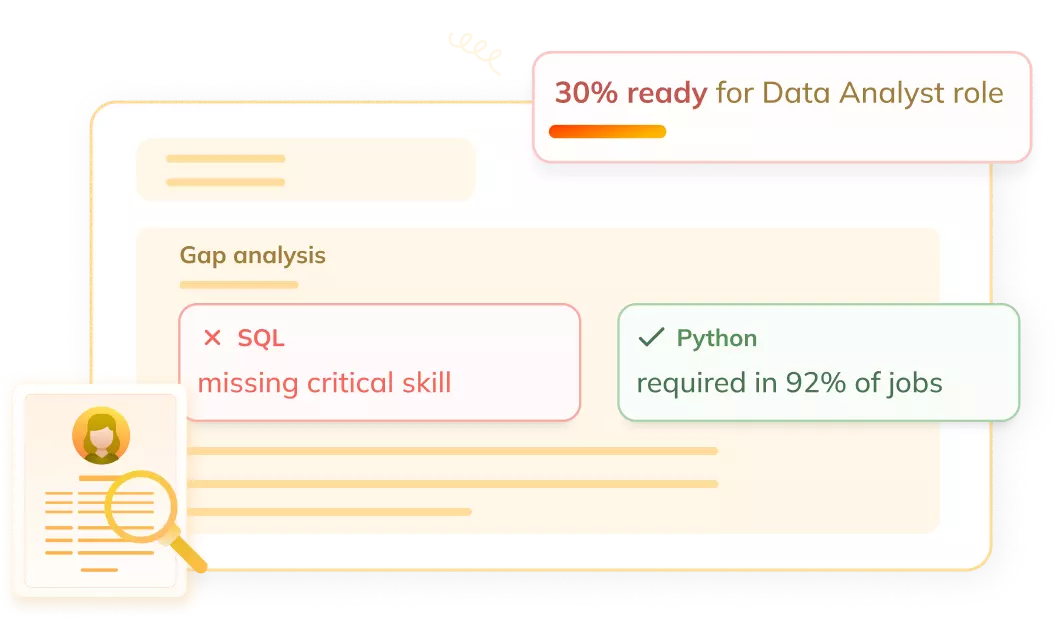Applications of Data Warehouse
1. Banking Industry
Bankers can better manage all of their available resources with the right Data Warehousing solution. They can better analyze consumer data, government regulations, and market trends to facilitate better decision-making.
2. Finance Industry
Similar to the applications seen in banking, they mainly revolve around evaluation and trends of customer expenses which aid in maximizing the profits earned by their clients.
3. Consumer Goods Industry
They are used to predict consumer trends, inventory management, and market and advertising research. An in-depth analysis of sales and production is also carried out. Apart from these, information is exchanged between business partners and clientele.
4. Government and Education
The federal government uses the warehouses for compliance research, while the state government uses them for human resources services such as recruitment and accounting services such as payroll management.
The government uses data warehouses to store and analyze tax records, health policy records, and providers. Their entire criminal law database is also connected to the state's data warehouse. Illegal activity is predicted from the patterns, trends, and results of analyzing historical data associated with past criminals.
Universities employ data warehouses to collect information for grant proposals, student demographic analysis, and human resource management. Most colleges' financial departments, including the Financial Aid department, rely on data warehouses.
5. Healthcare
The healthcare industry is another important application of data warehouses. All clinical, financial, and personnel data is saved in the warehouse, and analysis is performed to provide useful insights into allocating resources effectively.
6. Hospitality Industry
Hotel and restaurant services, automobile rental services, and vacation home services dominate this market. They employ warehousing services to create and assess their ad and promotion programs, which target customers based on their feedback and travel patterns.
7. Insurance
In the insurance industry, there's a saying that goes, "If it ain't broke, don't. "Insurance is not something that can be purchased. It can only be purchased. "Apart from keeping track of existing participants, the warehouses are largely used to evaluate data patterns and customer trends. Warehouses can also be used to create customized consumer offers and promotions.
8. Manufacturing and Distribution Industry
Manufacturing and distribution companies may gather all of their data under one roof with the help of a good data warehousing system, predict market changes, analyze the latest trends, view development areas, and finally make result-driven decisions.
9. The Retailers
Retailers act as go-betweens for producers and customers. In order to ensure their continuous presence on the market, they must keep records of both parties.
They employ warehouses to keep track of merchandise, advertising promotions, and consumer purchasing patterns. They also analyze sales to determine fast-selling and slow-selling product lines and determine their shelf space through elimination.
10. Services Sector
In the service industry, data warehouses are used to keep track of financial records, revenue trends, consumer profiling, resource management, and human resources.
11. Telephone Industry
The telephone sector deals with both offline and online data, resulting in a large amount of historical data to be consolidated and integrated.
A data warehouse is also required to study fixed assets, monitor customer calling patterns for salespeople to push advertising campaigns, and track consumer queries.
12. Transportation Industry
Client data is recorded in data warehouses in the transportation industry, allowing traders to experiment with target marketing, where marketing campaigns are created with the needs of the customer in mind.
They are used in the industry's internal environment to analyze client feedback and performance, manage crews on board, and analyze customer financial reports for pricing strategies.
Frequently Asked Questions
What is a Data Warehouse?
A data warehouse is known as a data management system that stores vast amounts of data gathered from many sources within an organization for reporting and analysis. It supports business managers in creating reports that assist them in dealing with complex queries while making key business decisions.
What are the types of data warehouse applications?
The types of data warehouse applications are:
Banking Industry: Bankers can better manage their resources with the right Data Warehousing solution.
Finance Industry: Similar to the applications seen in banking, they mainly revolve around evaluation and trends of customer expenses which aid in maximizing the profits earned by their clients.
What is the most important use of data warehouse?
Data warehousing increases access to various datasets easily and effectively. It makes it simpler for the business manager to glean insights that will direct the marketing strategies and business that will differentiate them from their competitors. So overall, it becomes much easier for businesses to secure their growth and success.
What are the benefits of data warehouse?
The benefits of a data warehouse are:
- Saves Time: It saves time as the company does not have to rely on a troubleshooting expert.
- Improves Data Quality: In this, the data is transformed from multiple sources into a shared arrangement.
What are the 5 components of data warehouse?
Data Warehouse Database: The central database serves as the environment's building block for data warehousing.
Sourcing, Acquisition, Clean-up, and Transformation Tools (ETL): These tools transform data into a unified format in the data warehouse.
Metadata: Metadata is used to define the data of the warehouse.
Query Tools: The data warehouse system can be accessed by users through query tools.
Data warehouse Bus Architecture: The data flow in your warehouse is determined by the data warehouse bus.
Conclusion
In this blog, we have extensively discussed the Applications Of Data Warehousing. And also learned about the data warehouse, How DataChannel's Data Warehouse can help your business and all the data warehouse applications.
Recommended Reading:
Data Mining
"We hope that our blog enhances your knowledge regarding Applications Of Data Warehousing. If you would like to learn extra, check out our articles on Data Warehouse Modeling. Do upvote our blog to help other ninjas grow. Happy Coding!"





